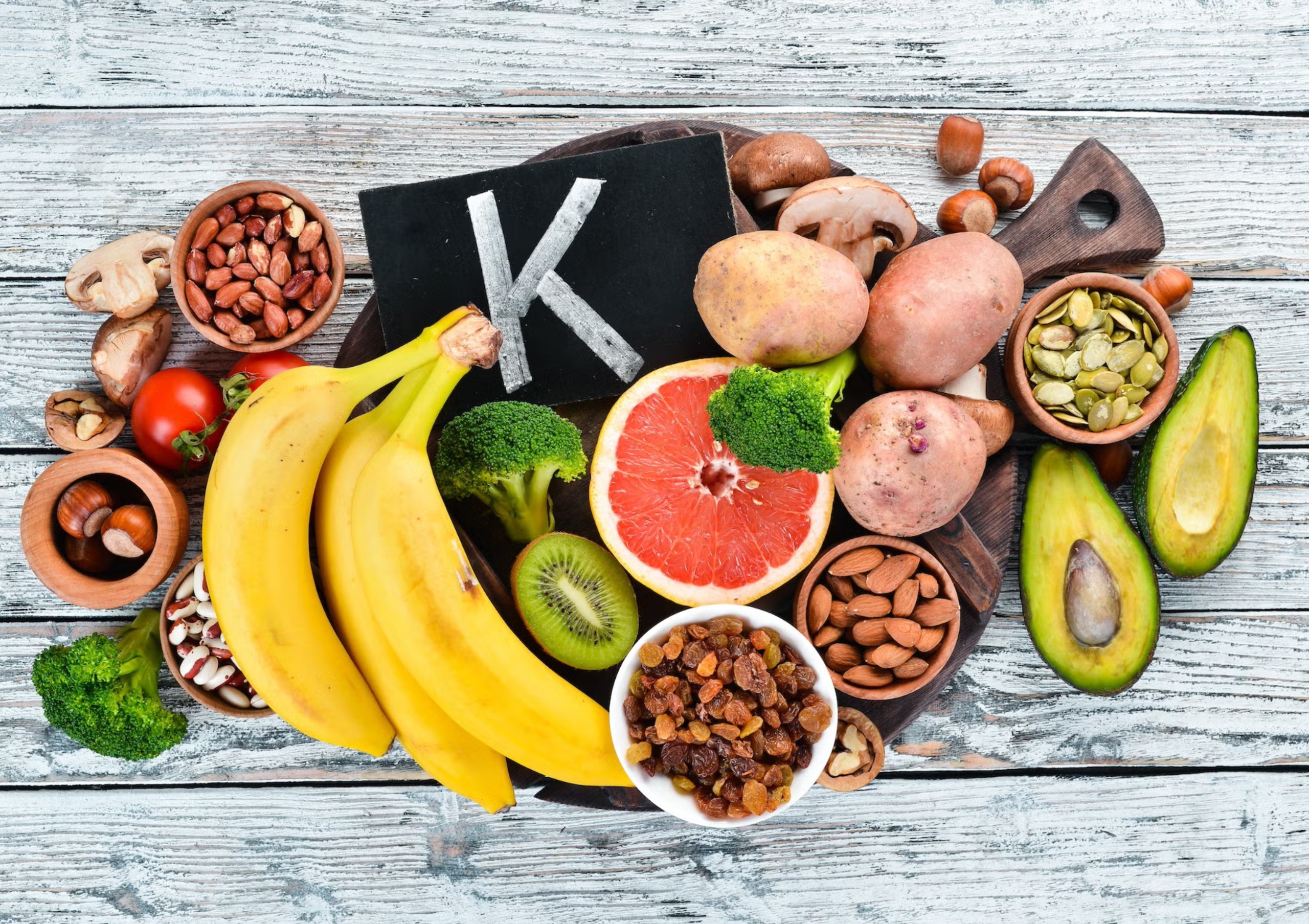
Potassium is a vital mineral for the human body, playing a key role in the functioning of the heart, nervous system, muscles, and kidneys. Including potassium-rich foods in your daily diet can significantly enhance overall health and help prevent several serious illnesses.
Firstly, potassium is highly effective in regulating high blood pressure. It counteracts the harmful effects of excessive sodium and reduces pressure on blood vessels, making it easier to manage hypertension. Studies show that regular consumption of potassium-rich foods can reduce the risk of stroke and heart disease by up to 24%.
In addition, potassium is essential for maintaining the proper function of muscles and the nervous system. It supports muscle contractions and nerve signal transmission. For individuals who often suffer from muscle cramps or spasms, potassium intake can provide significant relief.
Potassium also helps maintain the body's fluid balance. It reduces water retention and enhances kidney function. Moreover, it prevents excessive calcium loss through urine, which is crucial for maintaining bone health and reducing the risk of osteoporosis.
Those who suffer from kidney stones can also benefit from potassium. It regulates calcium levels in urine, thereby lowering the chances of stone formation.
Potassium speeds up the metabolism. It helps in converting carbohydrates and proteins into energy and aids in nutrient absorption. This also supports digestion and keeps you feeling full for longer, making it useful in weight management.
Top potassium-rich foods include white beans, sweet potatoes, bananas, spinach, avocados, tomatoes, yogurt, coconut water, salmon and other seafood, dried prunes, lentils, and various nuts. A medium-sized banana alone provides about 422 mg of potassium, covering a substantial portion of your daily requirement.
The recommended daily intake of potassium for adults is around 3,400 mg, though some experts suggest up to 4,700 mg for optimal heart and metabolic health. However, for individuals with kidney issues or those on certain medications, excessive potassium can be harmful—so supplements should only be taken under medical advice.
Cooking methods can also affect potassium levels—boiling food for long periods can reduce its potassium content. Instead, opting for steaming, baking, or consuming raw foods helps retain more of the mineral.
In summary, potassium supports several critical body functions—including blood pressure regulation, heart health, muscle and nerve activity, kidney protection, bone strength, and digestive efficiency. Including potassium-rich foods in your daily diet is a powerful step toward a healthier life.